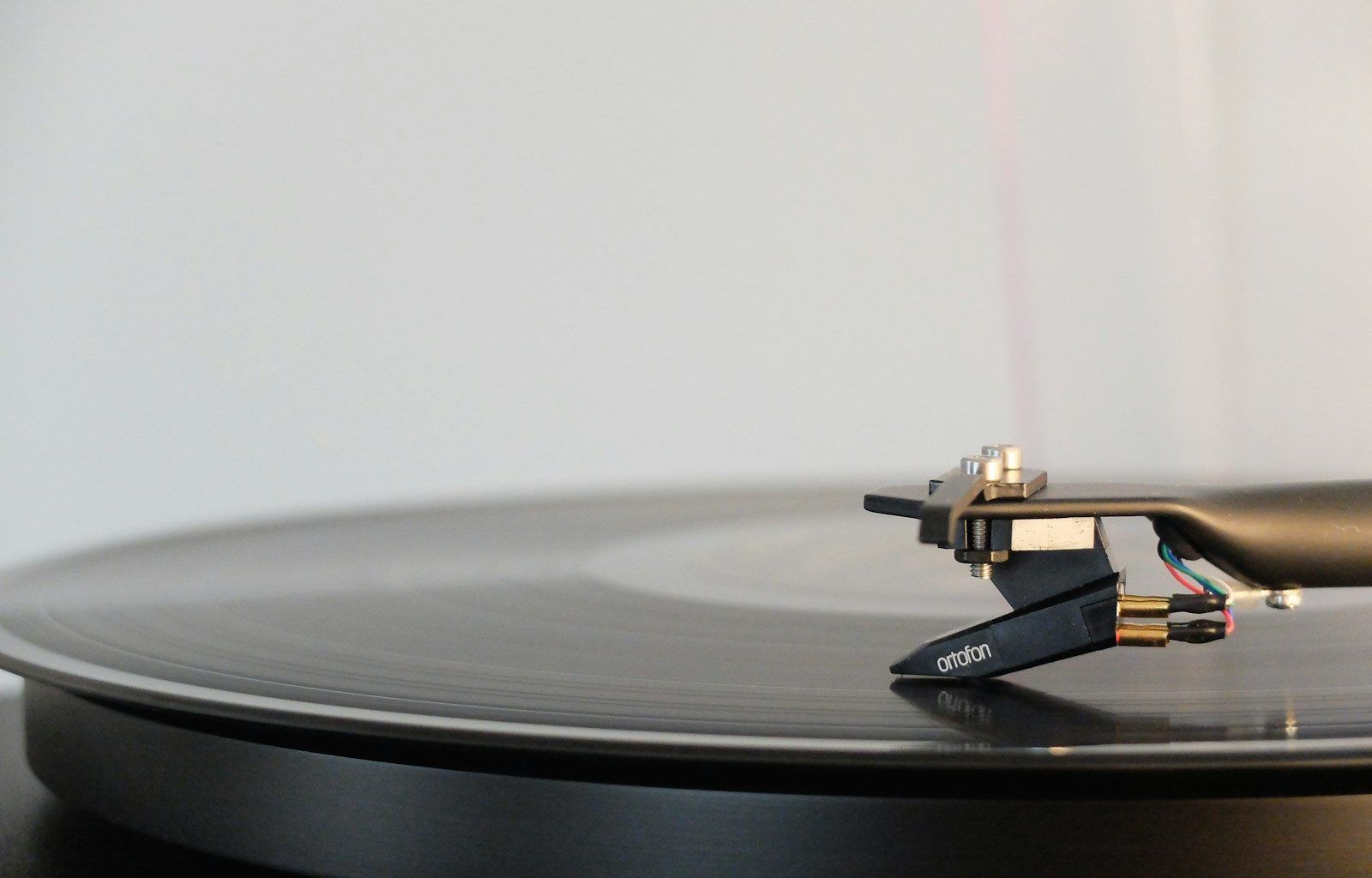If you’ve ever dreamed of becoming a music artist, you’ve probably wondered, “How much money do music artists make?” It’s a fair question. After all, we see headlines about celebrities signing multi-million-dollar deals or selling out stadium tours. But the reality isn’t always as glamorous. Let’s take a deep dive into how music artists make their money, what factors affect their income, and how much they actually earn.
Where Does a Music Artist’s Income Come From?
Music artists earn money from a variety of sources. Some are straightforward, like album sales and concert tickets, while others are more complex. Here are the main income streams for music artists:
- Streaming Platforms In today’s digital age, streaming platforms like Spotify, Apple Music, and YouTube play a huge role. But here’s the catch: the payout per stream is pretty low. For example, Spotify pays artists between $0.003 to $0.005 per stream. That means you’d need millions of streams to earn a decent income.
- Live Performances Concerts, tours, and festivals can be major money-makers. Ticket sales, merchandise, and sponsorship deals during live events often account for a significant chunk of an artist’s earnings.
- Album and Single Sales While physical album sales have declined, digital downloads still contribute to an artist’s revenue. For independent artists, keeping a larger share of sales is possible, but those signed with labels typically share their earnings.
- Royalties Royalties include payments for the use of music, like radio plays, TV commercials, and movie soundtracks. Artists also earn performance royalties when their songs are performed publicly.
- Merchandise From t-shirts to posters, selling branded merchandise can boost an artist’s income, especially during tours.
- Sponsorships and Endorsements Established artists often partner with brands for endorsements. These deals can range from social media promotions to appearing in advertisements, and they can pay handsomely.
How Much Do New Artists Make?
Let’s start with new or emerging artists. For most, it’s a struggle to make ends meet in the beginning. They’re likely juggling day jobs and music gigs. According to industry estimates, new artists might earn anywhere from $500 to $5,000 annually from music alone. That’s not much, right? But it’s important to see this as a stepping stone.
Many new artists rely on platforms like Bandcamp or Patreon to connect directly with fans and earn a little extra income. Crowdfunding is another way some manage to fund their music projects. While it’s tough, many start small and gradually build a fanbase.
What About Independent Artists?
Independent artists, also known as “indie” artists, have more control over their earnings. They don’t have to share their profits with a record label, but they also don’t have the same level of financial or promotional support. An indie artist who’s moderately successful might make anywhere from $10,000 to $100,000 annually. This income comes from a combination of streaming, live shows, and merchandise.
The key for independent artists is finding multiple streams of income. They’re often self-managing, which means they’re in charge of everything from booking gigs to promoting their music. This can be overwhelming, but it also means they keep a larger share of their earnings.
Do Famous Artists Make Millions?
When people ask, “How much money do music artists make?” they’re often thinking of stars like Taylor Swift, Drake, or BTS. These artists do make millions. But even within this elite group, income varies widely.
Take Taylor Swift, for example. Her 2018 “Reputation” tour grossed over $345 million. But not all of that money went straight into her pocket. There are costs for production, crew, and promotion. Still, she’s one of the highest-paid artists globally, earning an estimated $80 million to $100 million annually.
Other artists might not earn quite as much but still rake in significant amounts. A popular artist who’s consistently releasing music, touring, and securing endorsements might earn anywhere from $1 million to $50 million annually.
The Role of Record Labels
If you’re signed to a major record label, it’s both a blessing and a curse. Labels can provide funding, connections, and promotional power. However, they take a big cut of the earnings. Artists typically receive a royalty rate of 10% to 20% of album sales. That means if an album sells for $10, the artist might earn just $1 to $2 per sale.
Labels also recoup their investment before paying artists. For example, if they spend $500,000 producing and promoting an album, the artist won’t see a dime until that amount is earned back.
Songwriters and Producers
Not all music artists perform. Some write songs or produce tracks. How much do they make? Songwriters earn money through publishing royalties. A hit song can generate millions in royalties over time, especially if it’s used in commercials, movies, or covered by other artists.
Producers, on the other hand, might charge a flat fee or take a percentage of royalties. A well-known producer can earn thousands of dollars per track, while an unknown producer might charge a few hundred dollars.
Touring: The Real Moneymaker
For most artists, touring is the most lucrative part of their career. A successful tour can bring in millions, especially when combined with merchandise sales. For example, Ed Sheeran’s “Divide” tour grossed over $776 million, making it the highest-grossing tour of all time.
However, touring isn’t cheap. There are costs for travel, accommodations, crew, and production. Smaller artists often struggle to break even on tours, while big names can afford elaborate stage setups and still turn a profit.
Social media platforms like Instagram, TikTok, and YouTube have changed the game. Artists can now build an audience without traditional gatekeepers. Viral hits on TikTok, for instance, have propelled many artists into the spotlight. Once they’re famous, these platforms also become a source of income through ads and sponsorships.
Streaming, while not highly lucrative per stream, provides exposure. An artist with billions of streams can still earn a substantial amount. For example, Drake reportedly earns millions annually from Spotify alone.
Challenges and Realities
It’s easy to focus on the success stories, but many music artists face financial challenges. The competition is fierce, and the market is saturated. Streaming payouts are low, and live performances can be costly.
Despite these challenges, the music industry continues to grow, offering more opportunities for artists willing to adapt. With hard work, persistence, and creativity, it’s possible to make a decent living—and sometimes even a fortune.
Tips for Aspiring Artists
- Diversify Your Income Don’t rely on just one source of income. Combine streaming, live shows, merchandise, and royalties.
- Leverage Social Media Build your brand and connect with fans directly.
- Invest in Your Craft The better your music, the more likely you are to succeed.
- Stay Persistent Success rarely happens overnight. Keep improving and hustling.
In conclusion, answering the question, “How much money do music artists make?” isn’t straightforward. It depends on factors like popularity, business decisions, and industry trends. While the journey can be tough, the rewards—both financial and personal—can be immense for those who stick with it.
For further reading, explore these related articles:
- The Bands of Chester Bennington: A Life Full of Music and Emotions
- Male and Female Duet Songs: A Journey Through Musical Magic
For additional resources on music marketing and distribution, visit DMT Records Pvt. Ltd..






